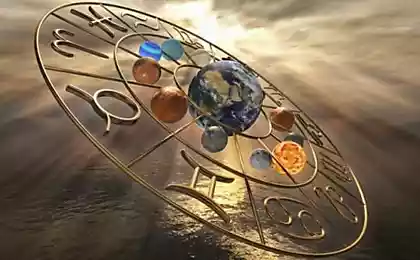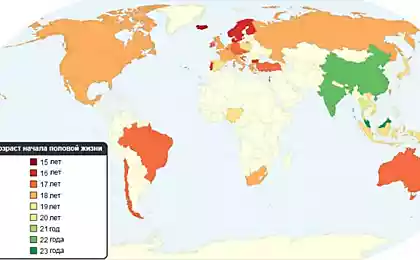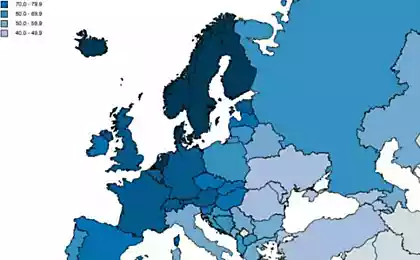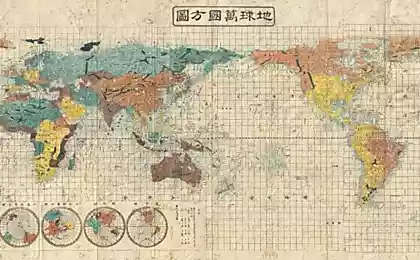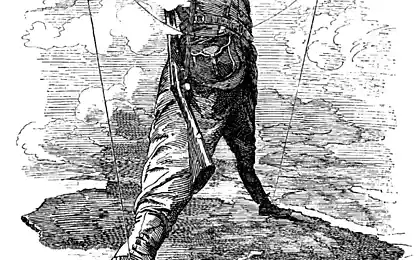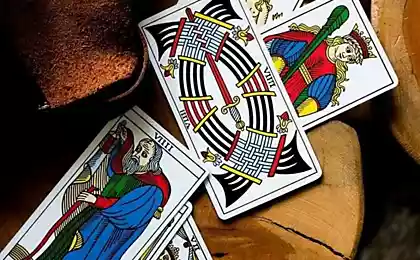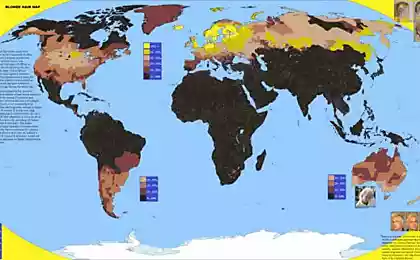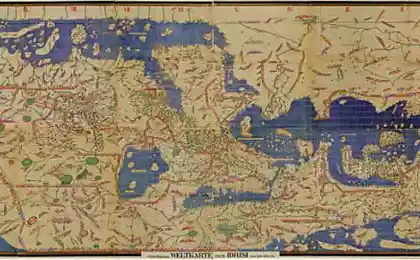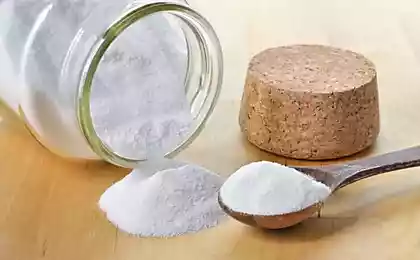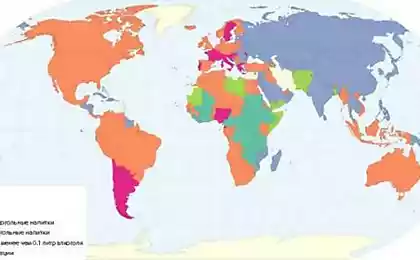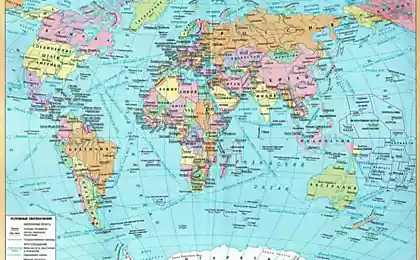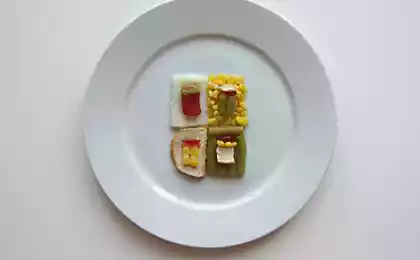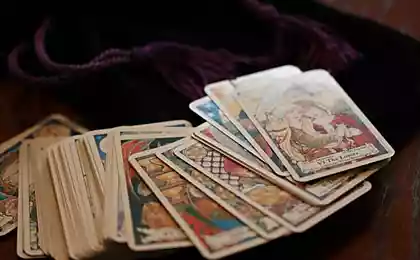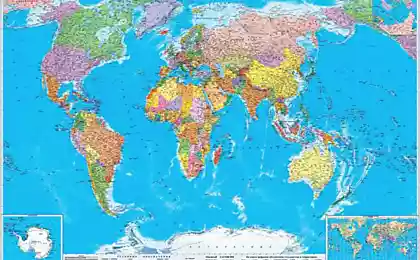172
Map of the world on your plate: How Spices Changed History

In 1652, the Dutch executed 15,000 people on the Banda Islands to maintain a monopoly on nutmeg. In 1812, Napoleon offered $10,000 for a recipe for artificial vanilla. The History of Spices is a textbook of geopolitics written in blood, gold, and fragrances.
Carnation: The flower for which the archipelagos were killed
A study by Oxford University (2021) showed that 1 kg of cloves in the XV century was worth as:
- 7 adult slaves in Zanzibar
- 2 war elephants in Calicut
- English Lord's annual tax

The Botanical Espionage of Pierre Poivre
A French botanist in the 1770s smuggled carnation seedlings from the Moluccas, hiding them in lead pipes. This destroyed the Dutch monopoly and reduced the price of the spice 800 times in 20 years.
The Black Gold that Built Venice
According to the Economic History Review, in the 1400s:
City Annual income from pepperEquivalent in goldVenice650,000 ducats12 tonsLissabon2,000,000 cruzado35 tons
Devil's contract: How pepper paid for the Renaissance
The frescoes of the Sistine Chapel were created with money received from the sale of 4.5 tons of pepper. The Medici used spices as collateral for the first international bills.

Vanilla: orchid tears and the bloody monopoly
Until 1841, Mexico controlled 100% of world production. Discovery of hand pollination by French slave Edmond Albius:
- Reduced the price from $1200 / kg to $10 / kg (in modern dollars)
- The Madagascar Vanilla Crisis of 1932
- Created criminal syndicates ("vanilla mafias")
The neuroeconomics of fragrances: Why do we pay more?
A study from Yale University (2022) found that vanilla smells:
- Activates brain areas associated with nostalgia
- Increases willingness to pay by 27%
- Reduces critical thinking by 18%
Spices as weapons: Non-obvious consequences
Historical chain reactions:
- Boston Tea Party (English taxes on spices)
- Turmeric → Discovery of America (the search for an alternative path for pepper)
- The Fall of Byzantium (control of trade routes)
As historian Jack Turner notes, “The modern world smells of pepper.” Its molecules are in our DNA of civilization.” Today, when we add cinnamon to coffee, we participate in a centuries-old drama where botany shaped the fate of empires.
The Art of Doing Nothing: Philosophy and Physiology of Laziness
How to Talk to Yourself: The Science of Internal Dialogue
